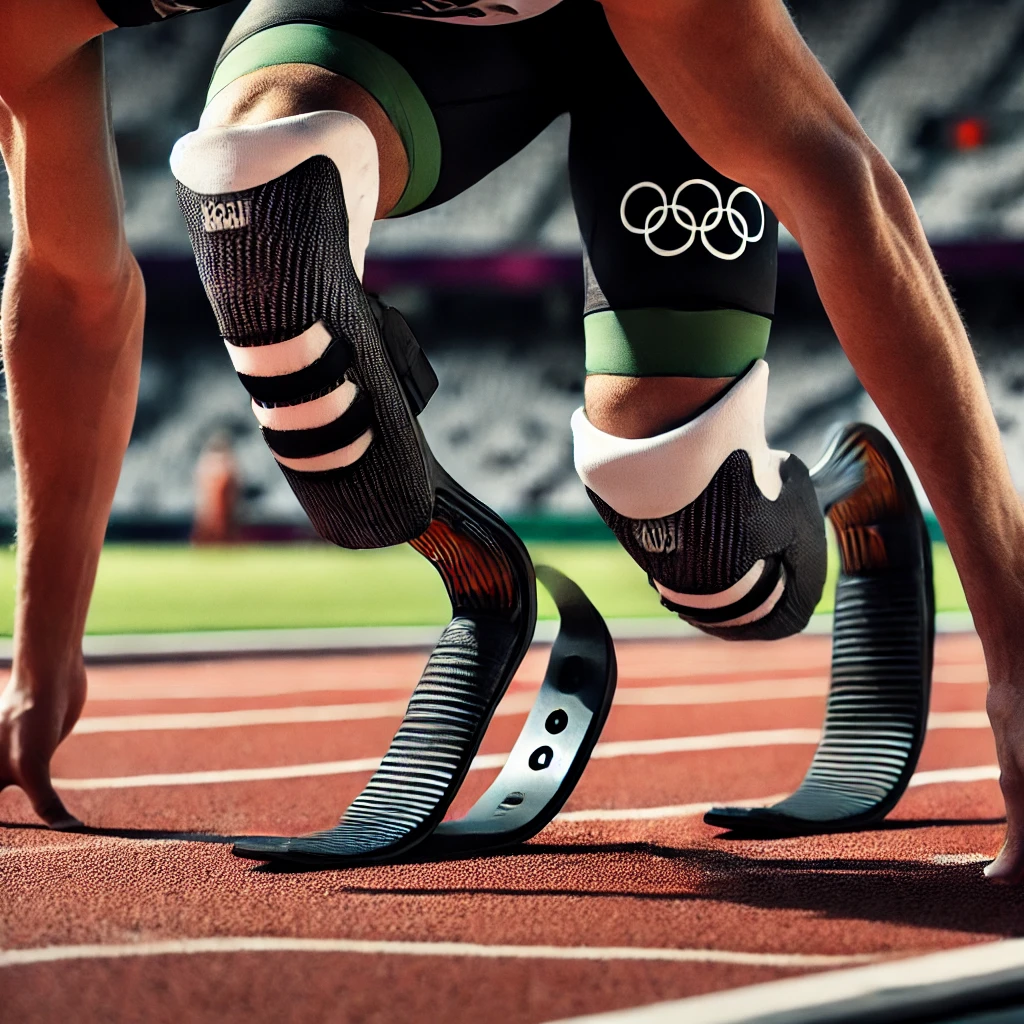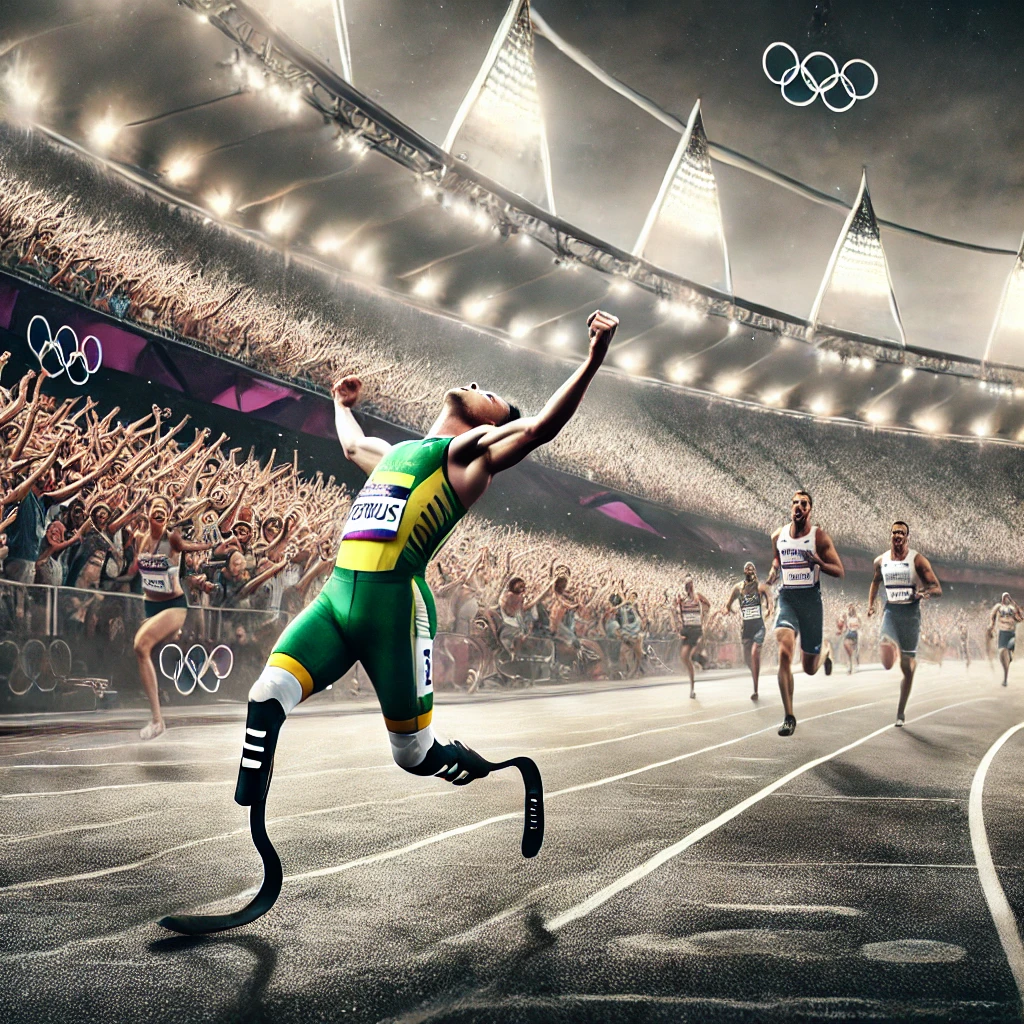On August 4, 2012, Oscar Pistorius made history by becoming the first amputee runner to compete in the Olympics. Competing in the London 2012 Games, Pistorius, who has prosthetic legs, raced in the 400-meter event and participated as a member of South Africa’s 4×400-meter relay team. His participation in these events marked a groundbreaking moment in the world of athletics, symbolizing progress and inclusion for athletes with disabilities.

Pistorius, often referred to as “Blade Runner” due to his distinctive carbon fiber prosthetic blades, had already achieved significant success in para-athletics before the Olympics. His qualification for the Games was the result of years of dedication and training, and his appearance on the Olympic stage was a powerful statement about the capabilities of athletes with physical impairments.
The Journey to the Olympics
Oscar Pistorius’s journey to the Olympics was both remarkable and challenging. Born with a congenital condition that led to the amputation of both his legs below the knee, Pistorius initially began his athletic career in para-athletics, where he achieved numerous records and titles. His success in the Paralympic Games garnered international attention and inspired many.
Determined to compete at the highest level, Pistorius faced numerous hurdles, including debates over the fairness of using prosthetics in competitive running. However, he met the qualifying standards set by the International Association of Athletics Federations (IAAF) and proved his ability to compete alongside able-bodied athletes. His journey to the Olympics was a testament to his perseverance and the evolving attitudes towards inclusivity in sports.

The Impact on the Olympics and Sports
Oscar Pistorius’s participation in the London 2012 Olympics had a profound impact on the world of sports. His presence challenged conventional notions of disability and athleticism, highlighting the potential for inclusivity and equal opportunities in competitive sports. Pistorius’s performance brought attention to the capabilities of athletes with disabilities and demonstrated that they could compete at the highest levels.
The media coverage and public interest in Pistorius’s Olympic journey also contributed to broader discussions about the integration of disabled athletes into mainstream sports. His participation served as an important step towards greater acceptance and understanding of the diverse abilities of athletes worldwide.
The Legacy of Pistorius’s Achievement
Oscar Pistorius’s achievement in 2012 remains a significant milestone in the history of the Olympics and the broader world of athletics. His groundbreaking performance opened doors for future athletes with disabilities and set a precedent for the inclusion of disabled competitors in major sporting events. Pistorius’s legacy is a reminder of the power of sport to overcome barriers and inspire change.
Despite the later controversies and legal issues surrounding Pistorius, his accomplishments at the London 2012 Games continue to be celebrated as a moment of progress in the quest for equality in sports. The inclusion of athletes with disabilities in mainstream competitions highlights the ongoing efforts to create a more inclusive and diverse sporting community.
Oscar Pistorius’s participation in the London 2012 Olympics on August 4, 2012, marked a historic moment in athletic history. His groundbreaking achievement not only demonstrated the extraordinary capabilities of athletes with disabilities but also paved the way for greater inclusivity and acceptance in competitive sports.
